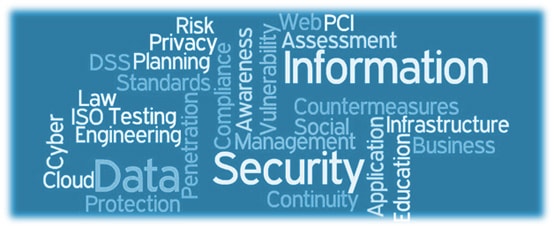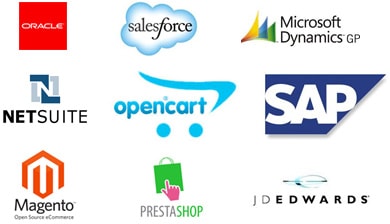July 21, 2015 By: Vikas Agarwal
My previous posts highlight some factors one should consider while evaluating a CMS. In this post, I’ll talk about some more key factors such as security and so on.
Security

Your portal is likely to be home to a lot of sensitive data and needs to be protected from malicious attacks. This is why you should check how promptly the creator of your CMS updates the software offering fixes to the vulnerabilities discovered so far. Also, you should make yourselves aware about the open vulnerabilities (if any) before you make your decision.
In addition, your CMS should support SSL encryption for connections from the browsers and should also, not store sensitive text (such as passwords, contact details, etc.) in plain text.
Extensible/Ease of Integration

Your CMS application often needs to communicate with other enterprise systems and few third-party systems, both. Such integration is important to have your CMS extend to include additional abilities from one window of access. Your chosen CMS should allow easy, bi-directional integration using standard technologies, such as Web services (REST or SOAP). Not only should it expose its APIs for other systems to consume, but it should also provide a simple mechanism for developers to quickly use other systems’ APIs in the CMS application too. Few common examples of a CMS’ integration with an enterprise system are, integration of a customer portal with a CRM (such as Salesforce) or a Supply Chain Management system, integration of an e-commerce portal with an accounting system or an ERP, or integration of an employee portal with an HRMS.
Availability of Turnkey Components
Many CMS applications have strong developer communities while others don’t. In addition, the core development teams also work on building newer components for those CMS applications. These components are available on the marketplaces of those CMS products as well as on various third-party websites. These readymade components allow quick provisioning of new features into the application. For example, adding analytics, contact forms, email configuration, security plugins, widgets, surveys, etc.
Search Engine and Social Media Friendliness
Your website’s ability to rank well on the search engines depends on your content as well as on how your CMS application has been built. For on-page optimization of your website, easily configurable Metadata and keywords, search-engine friendly URLs, mobile-friendliness, 301 redirects, 404 pages, robots.txt, sitemap, and fast loading times, etc. are few features that should be present in your chosen CMS. Similarly, the ability for your content to be distributed easily helps your website to reach out to a wider audience using various social media channels, such as Facebook, Pinterest, Twitter, Reddit, Digg, LinkedIn, etc.
In addition, if you are using your CMS to build a blog, a built-in ability to automatically share your post on the Internet is a great feature your CMS should have. It should also support the automatic generation of an RSS or Atom feed so that your readers can easily syndicate your posts into their reader applications.
Stay tuned, as I’ll be highlighting CMS’s ability to monetize and other factors in my next post.



